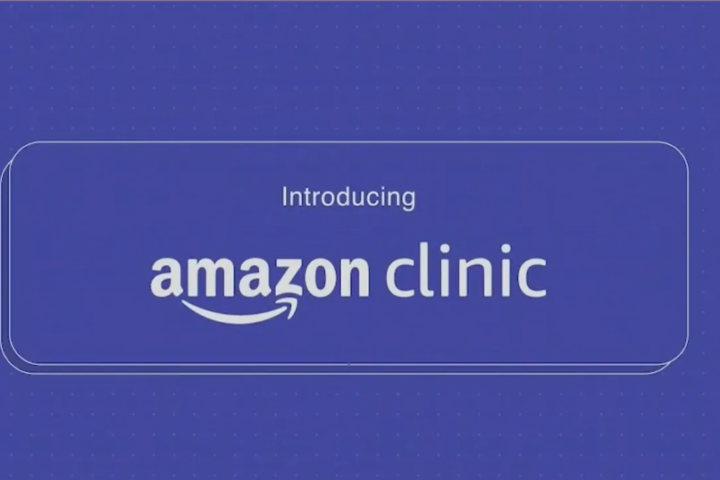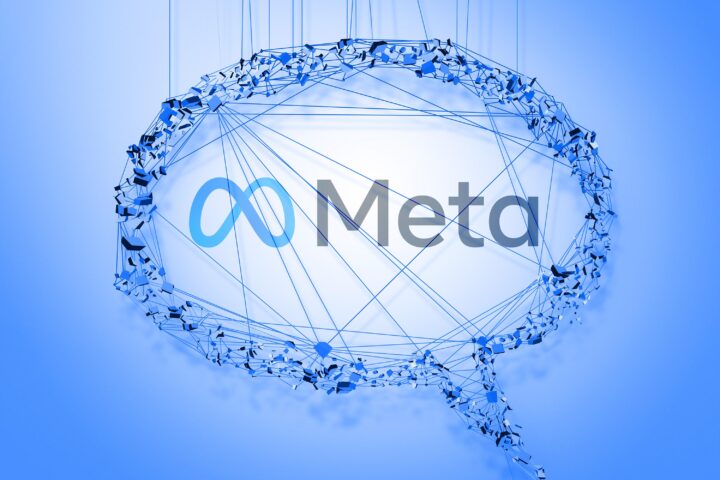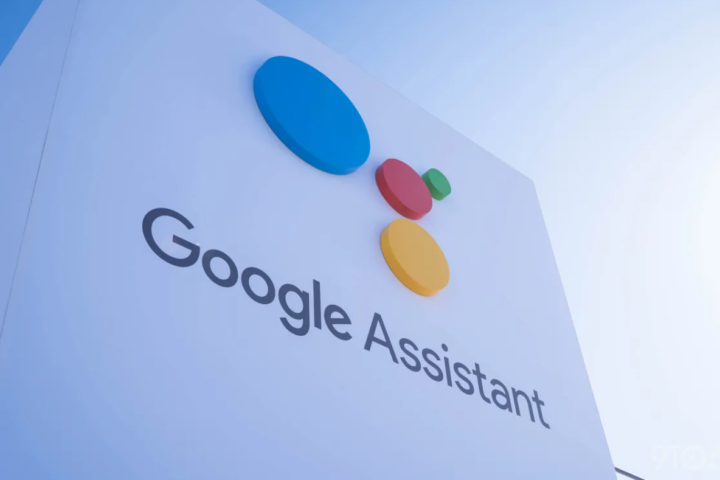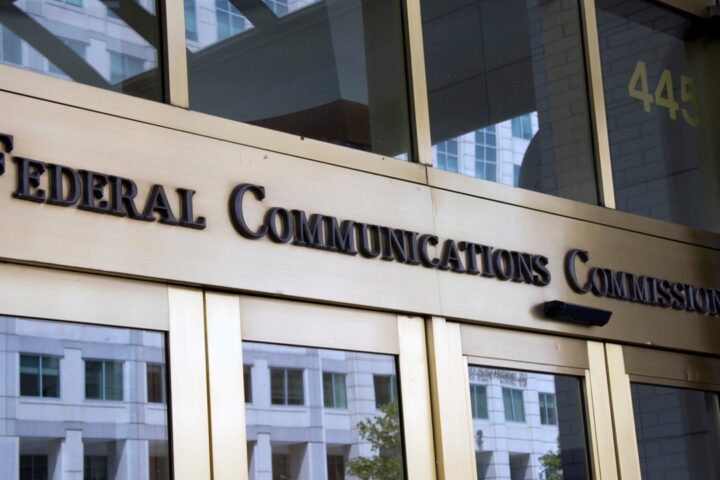Cancer AI screening can reduce radiologist workloads by half. Study shows that AI suggestions were comparable to those of two radiologists.
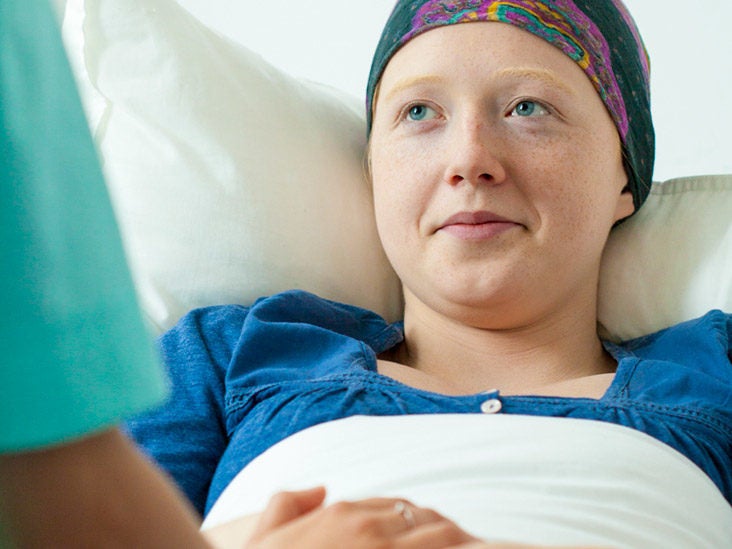
According to Lancet Oncology research, AI in mammography cancer screening can cut radiologist workloads by nearly half without increasing false-positives. In addition, study indicated that AI suggestions were comparable to those of two radiologists working together.
“AI-supported mammography screening resulted in a similar cancer detection rate compared with standard double reading, with a substantially lower screen-reading workload, indicating that the use of AI in mammography screening is safe,” the research concluded.
Lund University researchers monitored 80,033 Swedish women (average age 54) for slightly over a year in 2021–2022. More so, 28 percent (244) of 39,996 patients randomly allocated AI-powered breast cancer screenings had screen-detected malignancies. Only 25%, or 203 tests, of 40,024 standard cancer screenings discovered malignancies.
19 of the AI-detected 41 tumors were invasive. AI-powered and traditional screens had 1.5 percent false positives. Most significantly, AI radiologists saw 36,886 fewer screen readings than their contemporaries, a 44% reduction in workload.
AI Without the Radiologist is Not Quite Enough, yet
“These promising interim safety results should be used to inform new trials and program-based evaluations to address the pronounced radiologist shortage in many countries, but they are not enough on their own to confirm that AI is ready to be implemented in mammography screening,” lead author Dr. Kristina Lång warned in a release. “We still need to understand the implications on patients’ outcomes, especially whether combining radiologists’ expertise with AI can help detect interval cancers that are often missed by traditional screening, as well as the the cost-effectiveness of the technology.”
Computer vision and AI researchers have long sought cancer detection. Who wouldn’t want to develop the cancer-detecting tricorder? Furthermore, IBM, Google, MIT, and NVIDIA have invested in cancer screening research using machine vision systems. In turn, this has improved consistently and in some circumstances are as reliable as human physicians.

